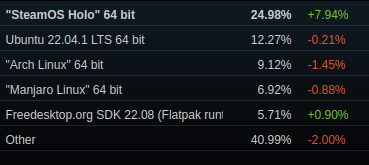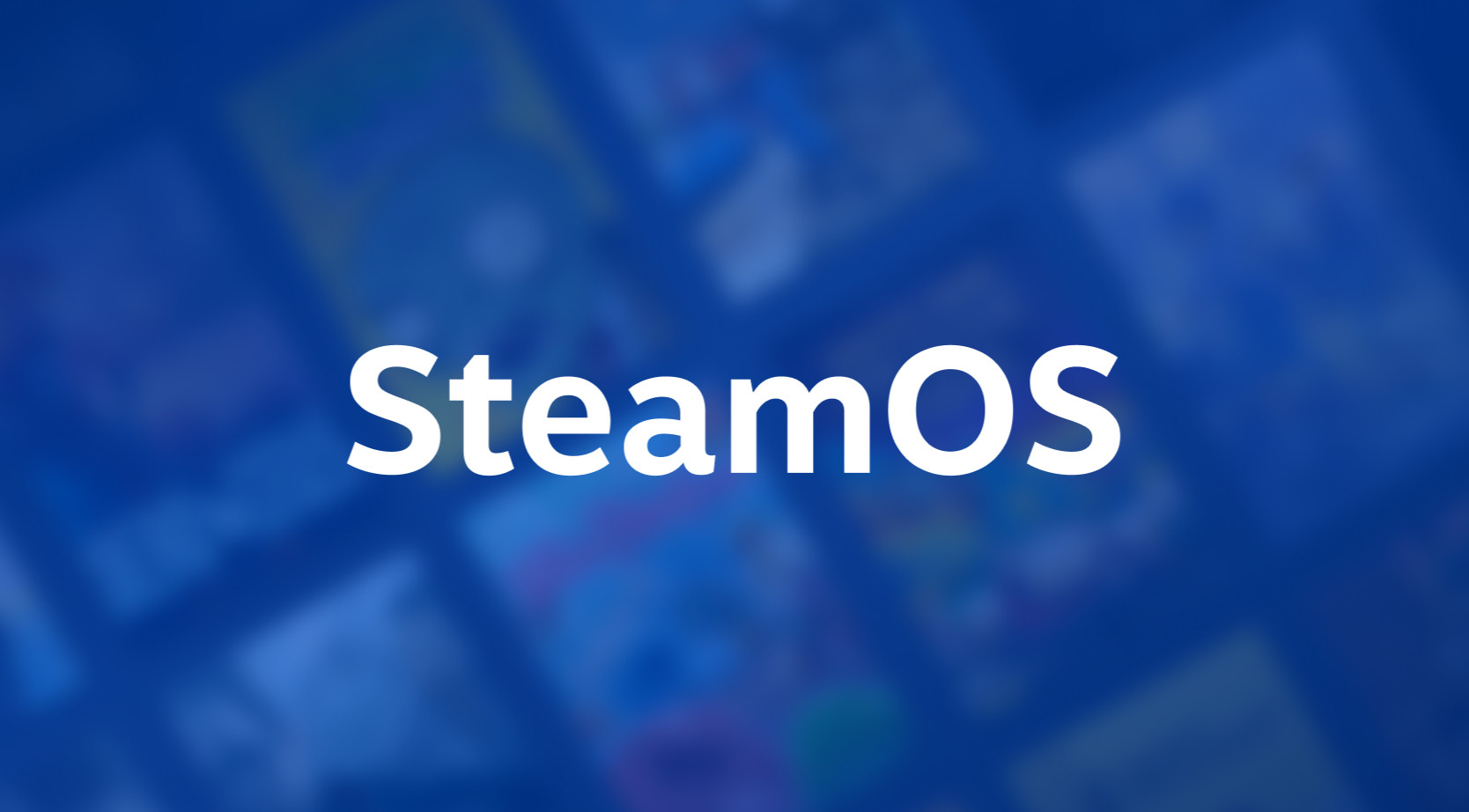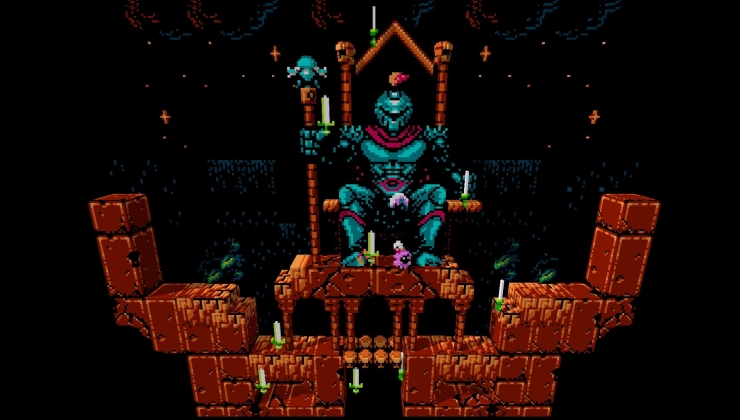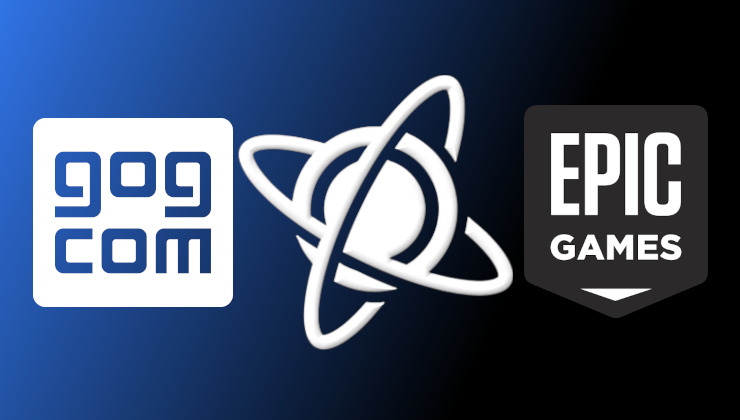Back in 2020 I pointed out what were the best Linux distributions for gaming, so here's the current state and what you should go for in 2023.
The thing is: not a lot has changed since my last article. Linux is still a minefield of many different distributions for people, and it can be very confusing. There's a lot of articles out there recommending really random and outdated distributions in lists too, so here's the real thing.
Without getting bogged down into packaging issues, and just giving you the basics of "this will work just fine" — go and install Ubuntu. People will (and I expect them to) argue for others, and people are free to, but a lot of people suggest other distributions for the wrong reasons. Manjaro has too many problems both technical and management, Arch can and will break things if you don't know exactly what you're doing, Fedora is messy with NVIDIA drivers and SELinux on Fedora is a nuisance and so on. Ubuntu is still to this day, the most simple distribution of Linux to install and get gaming.
Ubuntu isn't perfect by a long shot, but it remains as my number 1 choice to suggest to people both new and old to get into Linux and get gaming. It's one of the most used on desktop by any statistic you can find, which also means troubleshooting it is generally easier too.
With the Ubuntu LTS (long term support) releases, you also get support for at least 5 years, so you don't have the hassle and potential breakage of major system internal updates for quite a long time.
Valve's own stats show Ubuntu as one of the most popular too and it has been the same since Steam came to Linux.
As a user of Fedora myself, take it from me if you're in any way new to Linux: just go with Ubuntu. If you ever decide you "really know Linux now", then you can think about using something else. Don't make it difficult for yourself.
How might this change in future?
Well, Valve are here with the Steam Deck and SteamOS. Eventually, Valve will release SteamOS 3 so anyone can download it and install it. That might end up being a good pick, but right now it's not on the table as it's not released and anyone making their own version of it (like HoloISO and others) are too small to recommend serious use of them.
If you need help and support, specifically for Linux and also Steam Deck gaming, you can try asking in our Forum, Discord, IRC and Telegram.
The obvious answer is Arch. Not even joking. If you are pleb like me, go with Manjaro. But everything apart from Arch for gaming is not "best".
Valve agrees.
Valve agreed that it was the best for them to base their own distro on, not the best to use at home as regular users.
Curious, whats wrong with Arch-based distros for home users?
The use case in question is 'looking to move one's everyday stuff, including gaming, over to linux as a non-enthusiast, as someone not particularly keen to 'look under the hud' occasionally'.
I dont understand, where is this coming from? Neither the title nor the article says anything about that? Title explicitly says best linux distribution for gaming.
Well that is totally irrelevant. The discussion you're coming into said nothing about "Arch-based". It was about Arch itself. I'd say the same about Debian, but totally not about some Debian-based distros.Most of the time when I see Arch's boosters talk about Arch, they say it's hard work to install but by the time you manage it you understand your system far better and have more fine-grained control over it.The obvious answer is Arch. Not even joking. If you are pleb like me, go with Manjaro. But everything apart from Arch for gaming is not "best".
Valve agrees.
Valve agreed that it was the best for them to base their own distro on, not the best to use at home as regular users.
Curious, whats wrong with Arch-based distros for home users?
IMO exactly that disqualifies it for the average home user. It's a good thing to exist, for people who want to understand their system better. But most people don't, they want easy and user friendly and just working.
Well this is outdated knowlede by years. There are tons of easy to install/maintain arch-based distros out there.
So you're saying the majority of gamers are techies? The best distribution for gaming would be the best distribution for gamers to game on.The obvious answer is Arch. Not even joking. If you are pleb like me, go with Manjaro. But everything apart from Arch for gaming is not "best".
Valve agrees.
Valve agreed that it was the best for them to base their own distro on, not the best to use at home as regular users.
Curious, whats wrong with Arch-based distros for home users?
The use case in question is 'looking to move one's everyday stuff, including gaming, over to linux as a non-enthusiast, as someone not particularly keen to 'look under the hud' occasionally'.
I dont understand, where is this coming from? Neither the title nor the article says anything about that? Title explicitly says best linux distribution for gaming.
So you're saying the majority of gamers are techies? The best distribution for gaming would be the best distribution for gamers to game on.The obvious answer is Arch. Not even joking. If you are pleb like me, go with Manjaro. But everything apart from Arch for gaming is not "best".
Valve agrees.
Valve agreed that it was the best for them to base their own distro on, not the best to use at home as regular users.
Curious, whats wrong with Arch-based distros for home users?
The use case in question is 'looking to move one's everyday stuff, including gaming, over to linux as a non-enthusiast, as someone not particularly keen to 'look under the hud' occasionally'.
I dont understand, where is this coming from? Neither the title nor the article says anything about that? Title explicitly says best linux distribution for gaming.
One doesn't even need to make an assumption about what gamers as a group of people are like; anyone in the *role* of a gamer (even the techiest techie) looking for a device/OS *for gaming*, would prefer something that lets him/her focus on the gaming, & not the most recent packaging f*ckup on Arch.
To each his own I guess.
I used (X/K)ubuntu for the last six years, and yes it is an easy setup for gaming, and it was nice for developing too before 22.04 came around :(
But Ubuntu has some flaws:
- forced snap support for applications
- no updates for non-LTS versions after 9 month, which I can live with, but ...
- removing repositories for non-LTS after 9 month, which I can NOT live with. This is not OK!
- no check of dependencies, some libraries are just to old for some applications :(
Mint is nice for gaming too, but IMHO a bit of a mess, with its wild mixture of packages. It is just a ticking time bomb. I'm not using it anymore after several broken systems after updates.
Oh so you dont need up to date packages to properly game on linux. I see. No clue where this hate stems from but its kind of ridiculous.I am beginning to suspect you're just a troll.
To each his own I guess.
I'm not surprised that Ubuntu is the number one Distro on Steam. SteamOS was based on it before the switch to Arch.It wasn't. SteamOS 1 & 2 were based on Debian. Wheezy for SteamOS 1 and Jessie for SteamOS 2.
The Steam Linux Runtime was (and is) based on Ubuntu.









 How to install Battle.net on Linux, SteamOS and Steam Deck for World of Warcraft and Starcraft
How to install Battle.net on Linux, SteamOS and Steam Deck for World of Warcraft and Starcraft How to play games from GOG and Epic Games on Linux, SteamOS and Steam Deck
How to play games from GOG and Epic Games on Linux, SteamOS and Steam Deck